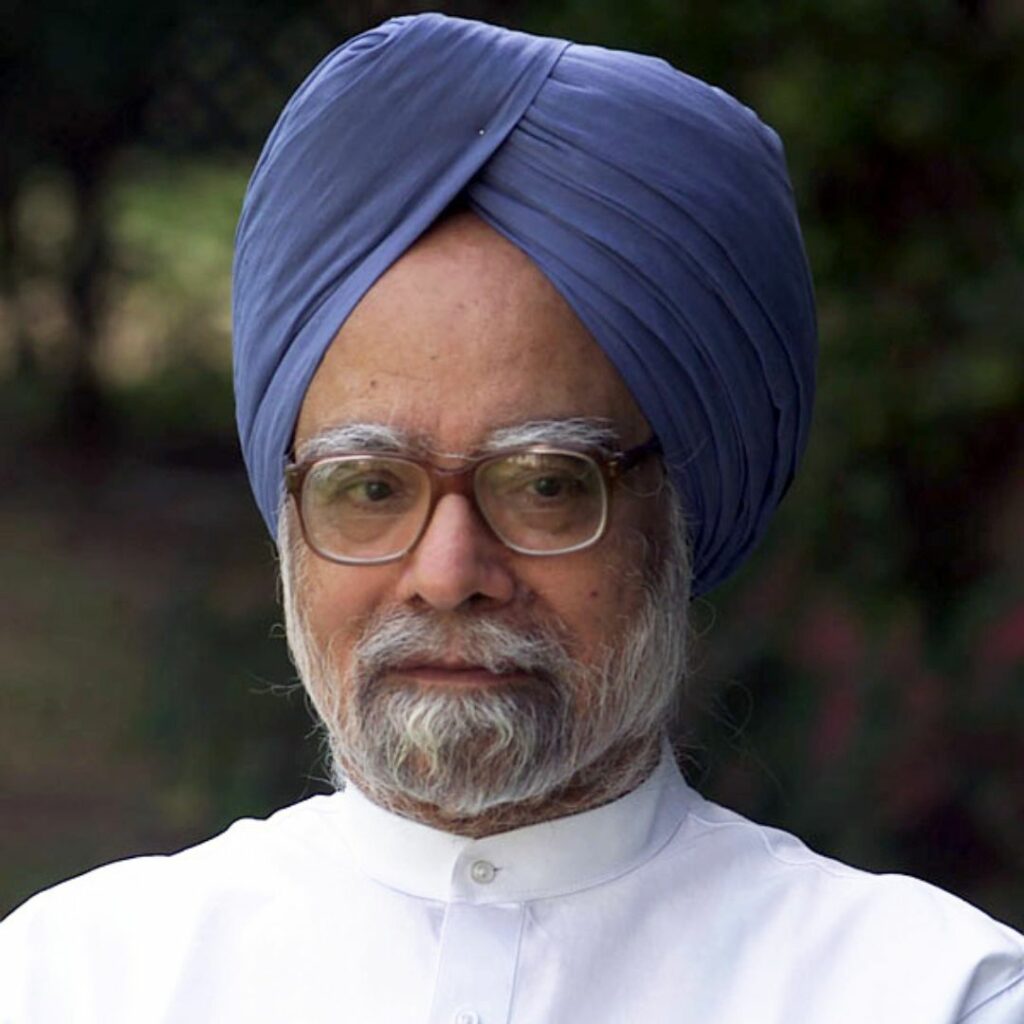In the midst of life’s hustle and bustle, the spotlight on self-care is intensifying. More than just a fleeting trend, self-care is a foundational pillar for maintaining a healthy balance in our increasingly demanding lives. But what exactly does self-care entail, and why is it so crucial for our overall well-being? Let’s unravel the essence of self-care and explore why it has become a buzzword in today’s health-conscious society.
Understanding Self-Care:
At its core, self-care involves dedicating time to activities that enhance both physical and mental health. This practice proves invaluable for stress management, illness prevention, and an overall energy boost. The impact of even small self-care gestures in our daily routines cannot be overstated.
Practical Self-Care Tips:
1. Regular Exercise: A mere 30 minutes of daily walking can significantly elevate mood and enhance health. Don’t be discouraged if you can’t commit to 30 minutes at once; small bouts of exercise accumulate to make a substantial impact.
2. Balanced Nutrition and Hydration: Fuel your body with healthy, regular meals, and stay hydrated throughout the day. A well-balanced diet and ample water intake contribute to sustained energy and improved focus.
3. Prioritize Sleep: Establish a consistent sleep schedule to ensure you get adequate rest. Minimize exposure to blue light from devices before bedtime to facilitate better sleep quality.
4. Relaxation Activities: Incorporate relaxation or wellness programs into your routine, such as meditation, muscle relaxation, or breathing exercises. Schedule regular sessions for these activities, along with other pursuits that bring you joy, like journaling.
5. Goal Setting: Set realistic goals and priorities. Learn to say “no” when necessary to avoid overwhelming yourself. Reflect on your accomplishments at the end of each day rather than dwelling on what remains undone.
6. Practice Gratitude: Cultivate a habit of daily gratitude by acknowledging specific things you are thankful for. Whether written down or replayed in your mind, this practice contributes to a positive mindset.
7. Challenge Negative Thoughts: Identify and challenge negative or unhelpful thoughts, focusing on fostering a positive mental outlook.
8. Stay Connected: Reach out to friends or family members for emotional support and practical assistance. Social connections play a crucial role in maintaining mental well-being.
Demystifying Self-Care:
Contrary to common misconceptions, self-care is not synonymous with self-indulgence or selfishness. Instead, it is a commitment to personal well-being, ensuring individuals can fulfill their roles and responsibilities effectively. It’s about being healthy, both physically and mentally, so one can navigate life’s challenges while still contributing to the well-being of others.
Health-Oriented Perspective:
Various organizations, including the World Health Organization, approach self-care from a health-oriented standpoint. Their definition encapsulates an individual’s ability to promote health, prevent disease, and manage illness and disability, with or without professional health support. This broad perspective encompasses hygiene, nutrition, and seeking medical care when necessary.
In the era of heightened awareness around mental health and well-being, self-care emerges as a critical component for navigating life’s complexities. As the Google Trends data indicates a quadrupling in searches for “self-care” since 2018, it’s evident that individuals are recognizing the importance of prioritizing their own health. Embracing self-care is not only a personal choice but a proactive step towards a more balanced and fulfilling life.
Also Read: India’s Global Outreach: DEA Secretary Emphasizes Technical Capabilities At Summit











